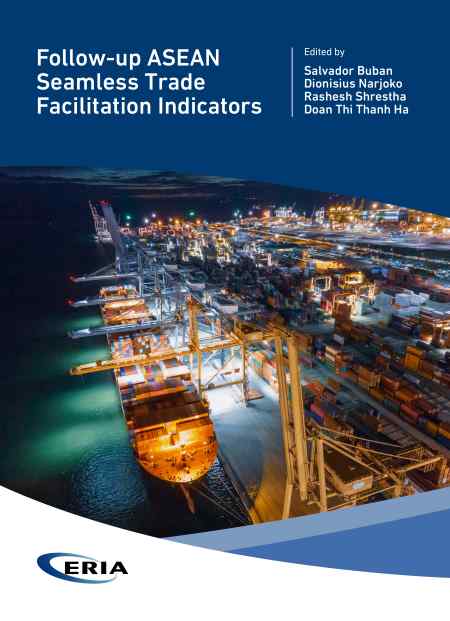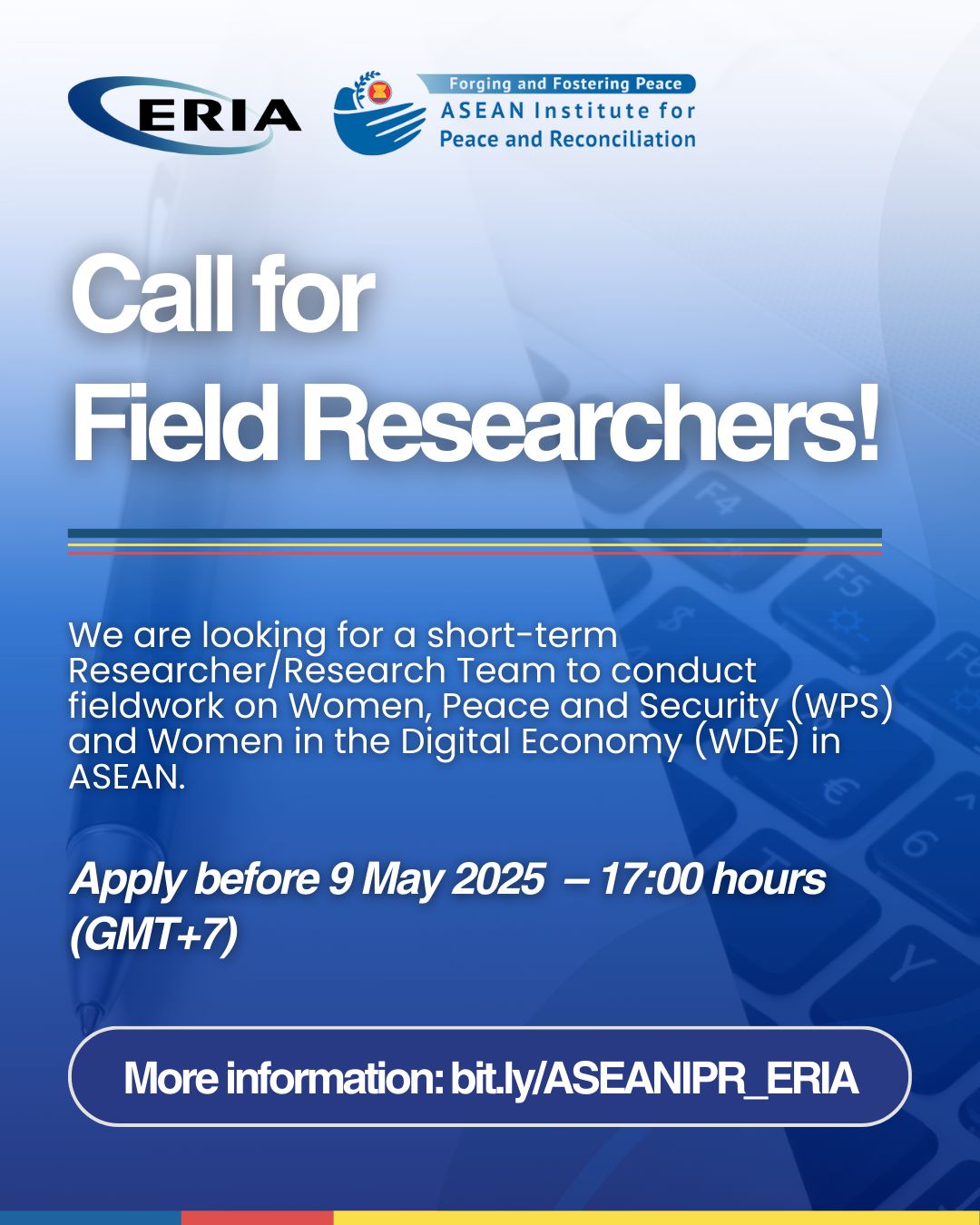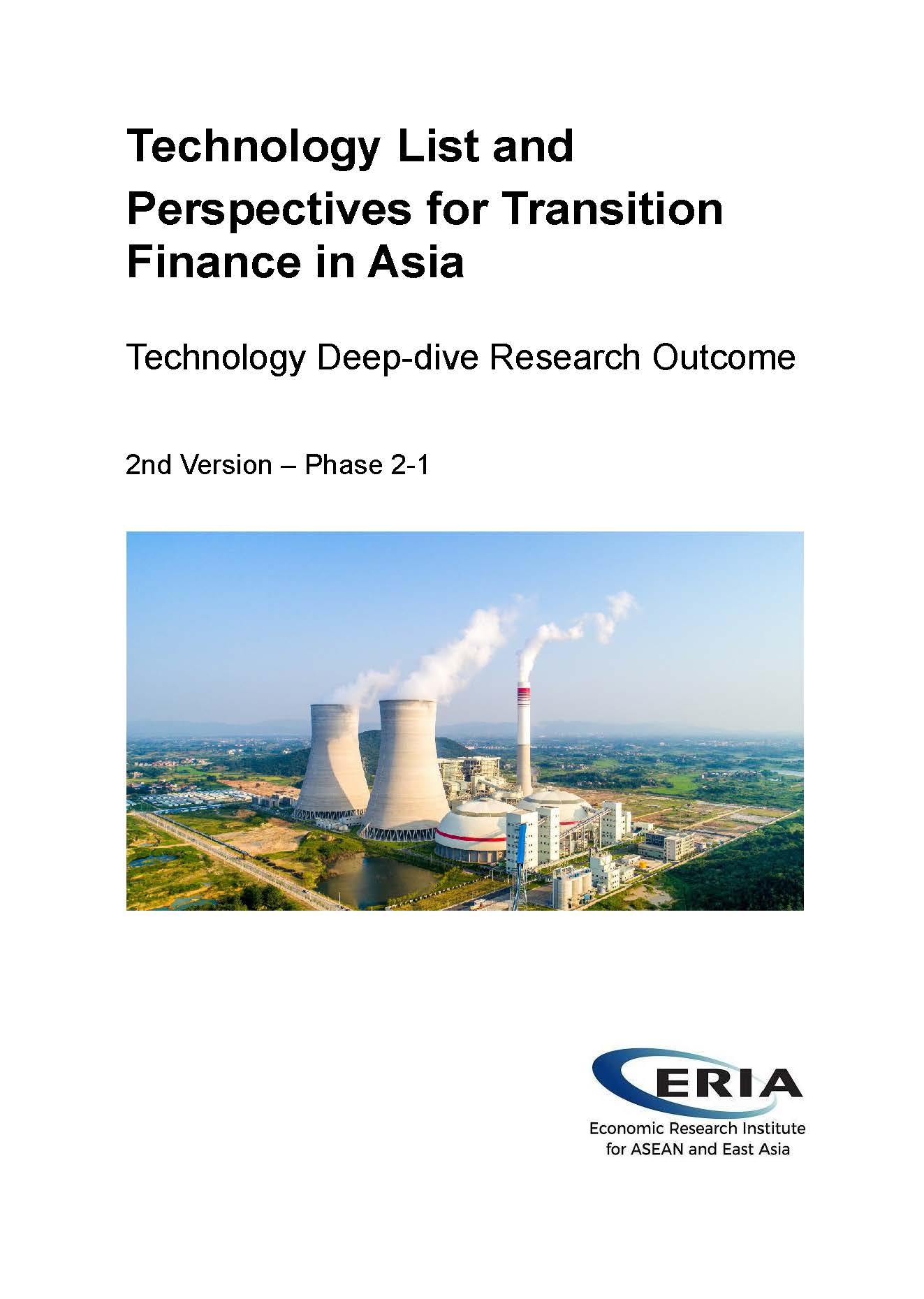Follow-up ASEAN Seamless Trade Facilitation Indicators

Date:
9 October 2023Category:
Regulation and Governance, TradeType:
BooksTags:
Trade, Trade Facilitation, ASEAN, Regulation and GovernancePrint Article:
The second ASEAN Seamless Trade Facilitation Indicators (ASTFI) and the Trade Transactions Cost (TTC) study, known as ASTFI-TTC II, is a follow-up report to the baseline ASTFI-TTC publication from July 2021, which was based on data gathered in 2019. These studies are aimed at improving our understanding of the trade facilitation and trade transactions costs landscape within the ASEAN Member States. They document the progress achieved, while also pinpointing areas where improvement in trade facilitation is required.
The findings of this study highlight significant progress made by ASEAN Member States in continuously improving the trade facilitation environment within the ASEAN region by incorporating many prescribed elements of trade facilitation. The reforms implemented since 2019 include expanded utilisation of technology to improve efficiency by inclusion of additional trade-related government agencies into the National Single Windows, greater acceptance of electronic transactions, increased transparency through the publication of permit and license requirements on government agency websites and trade portals, and enhanced coordination amongst government agencies.
It is noteworthy that these reforms have been introduced amidst the disruption in goods trade due to the COVID-19 pandemic, which necessitated adoption of alternative processes. A rapid adoption of digital technology in trade processes proved to be a silver lining. Furthermore, the implementation of the Regional Comprehensive Economic Partnership (RCEP) has strengthened commitments to trade facilitation, thereby promoting further international trade amongst countries in Southeast and East Asia.
Expediting the movement, release, and clearance of goods, including goods in transit, is pivotal for sustaining the liberalisation of ASEAN economies. This is particularly beneficial for smaller businesses since trade costs are more burdensome at smaller trade volumes. Thus, such initiatives empower countries to ensure growth and prosperity on a broader scale. Going forward, modern technology such as artificial intelligence, natural language processing, and big data analytics could be utilised for trade facilitation to promote multilateralism and closer economic integration.
Full Report
Follow-up ASEAN Seamless Trade Facilitation Indicators




